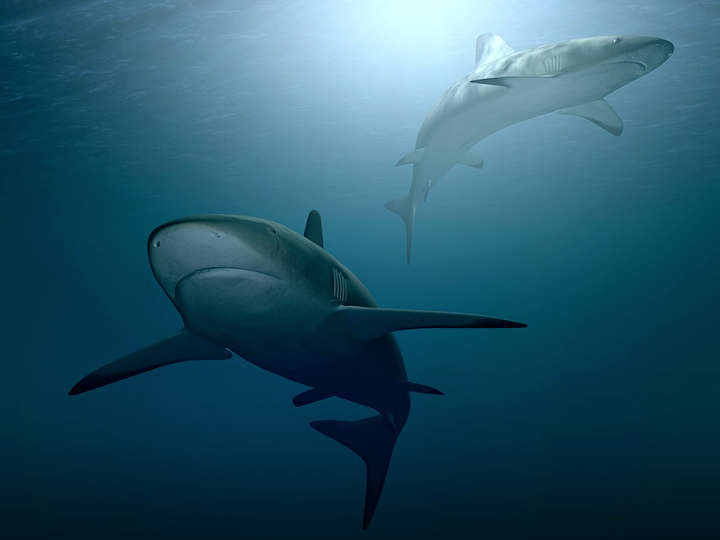Sharks, often portrayed as menacing killers in popular culture, are facing an alarming decline in their populations, primarily due to overfishing. As Discovery’s Shark Week programming approaches, starting on Sunday, July 23, it aims to change the perception that Garden State beaches are teeming with sharks ready to attack.

The fear of sharks is perpetuated by movies like “Jaws” and other misrepresentations, leading to the belief that shark attacks are a common occurrence. However, shark researchers emphasize that shark attacks are exceedingly rare and declining worldwide. Shark populations have plummeted by 70 percent since 1970, raising concerns about the risk of extinction.
Shark attacks remain rare, with New Jersey experiencing only 15 of the 1,595 shark attacks in U.S. waters since 1837. The chances of a shark attack are statistically low, with the likelihood of being killed by a shark being 1 in 3.7 million, compared to 1 in 218 for dying from a fall.
Shark Week programming aims to dispel myths and provide factual information about sharks. Hosted by actor Jason Momoa, the 20 hours of programming highlights the crucial role sharks play in marine ecosystems and the importance of their conservation.
While sharks may have a fearsome appearance with their serrated teeth, they do not pose a significant threat to humans. Shark researchers emphasize that sharks do not want to eat people, and when rare attacks occur, the survival rate is about 90 percent.
Despite sharks being present nearby 97 percent of the time, the probability of a bite is highly unlikely. Shark populations are protected in various regions to aid their recovery and ensure a balance in marine ecosystems.
As we celebrate Shark Week and enjoy the programming hosted by Jason Momoa, let us gain a deeper understanding of these majestic creatures and their vital role in our oceans. By dispelling myths and fostering oceanic conservation, we can contribute to the preservation of sharks and the health of our marine ecosystems.



